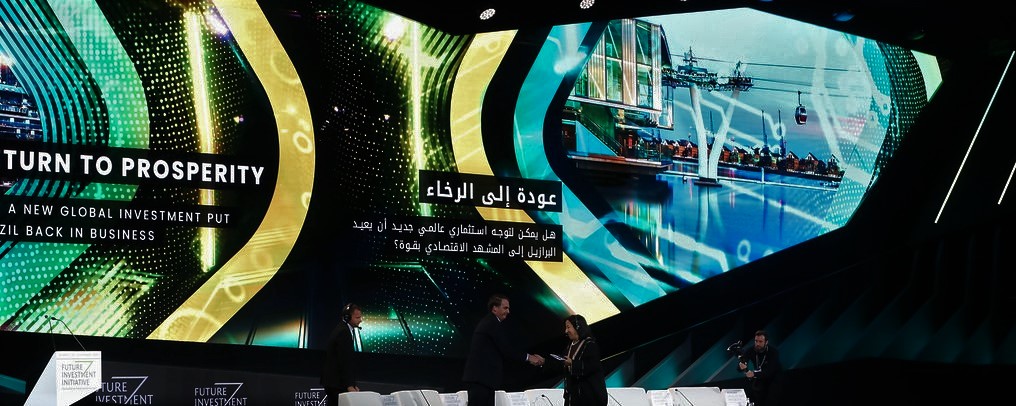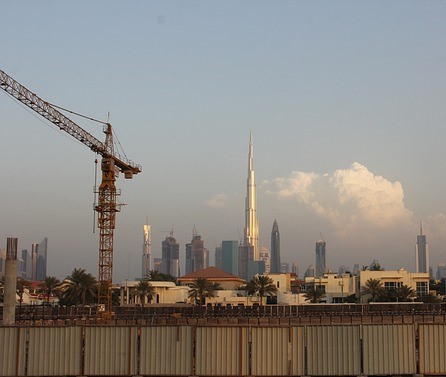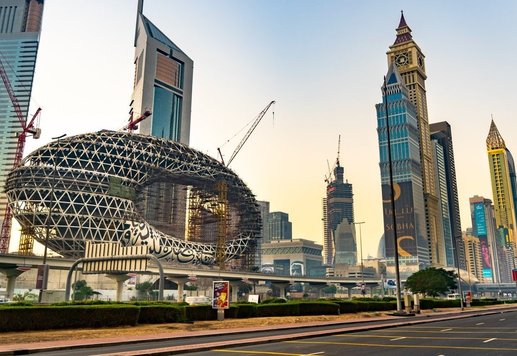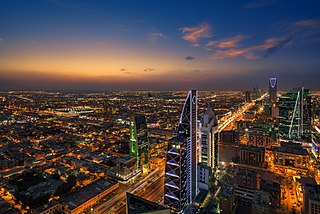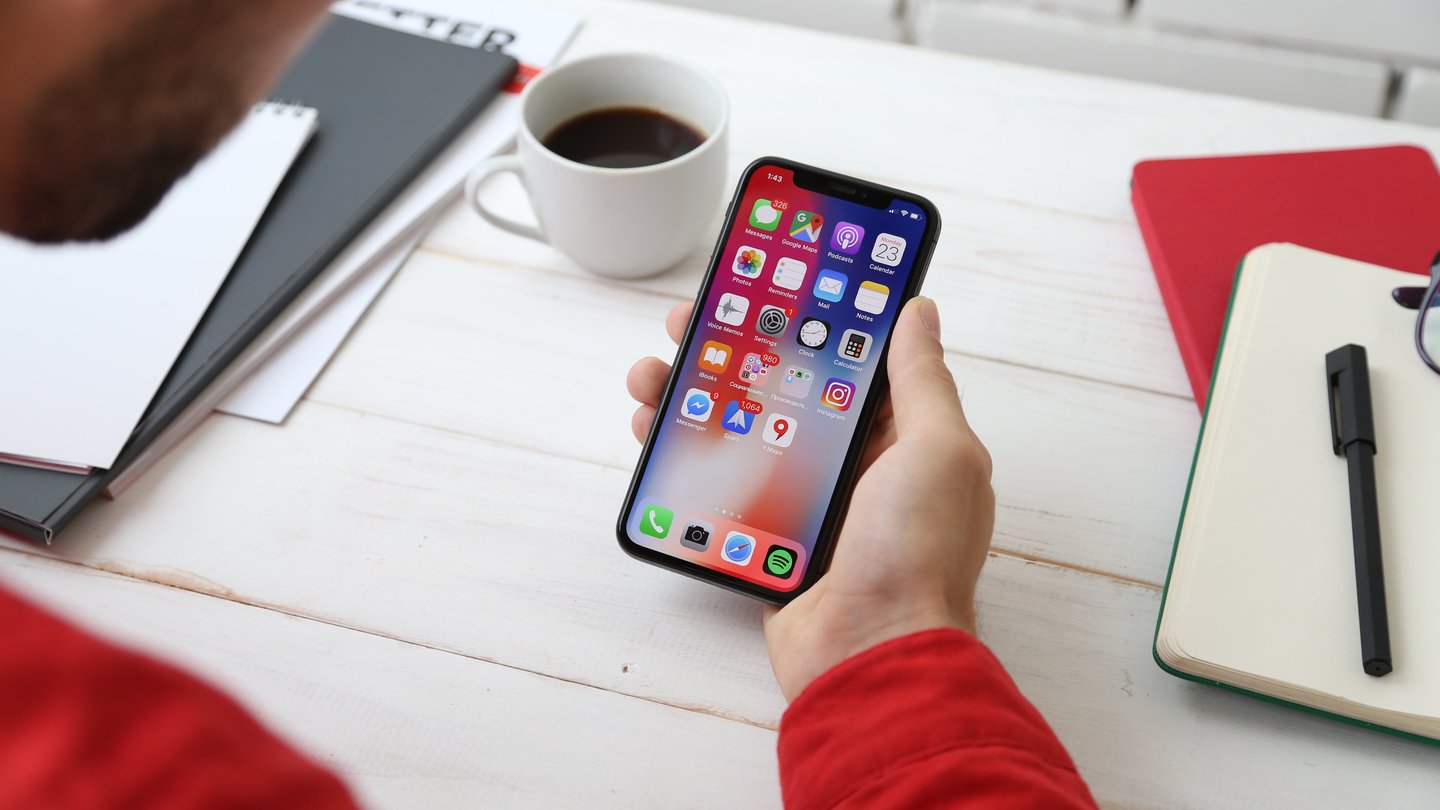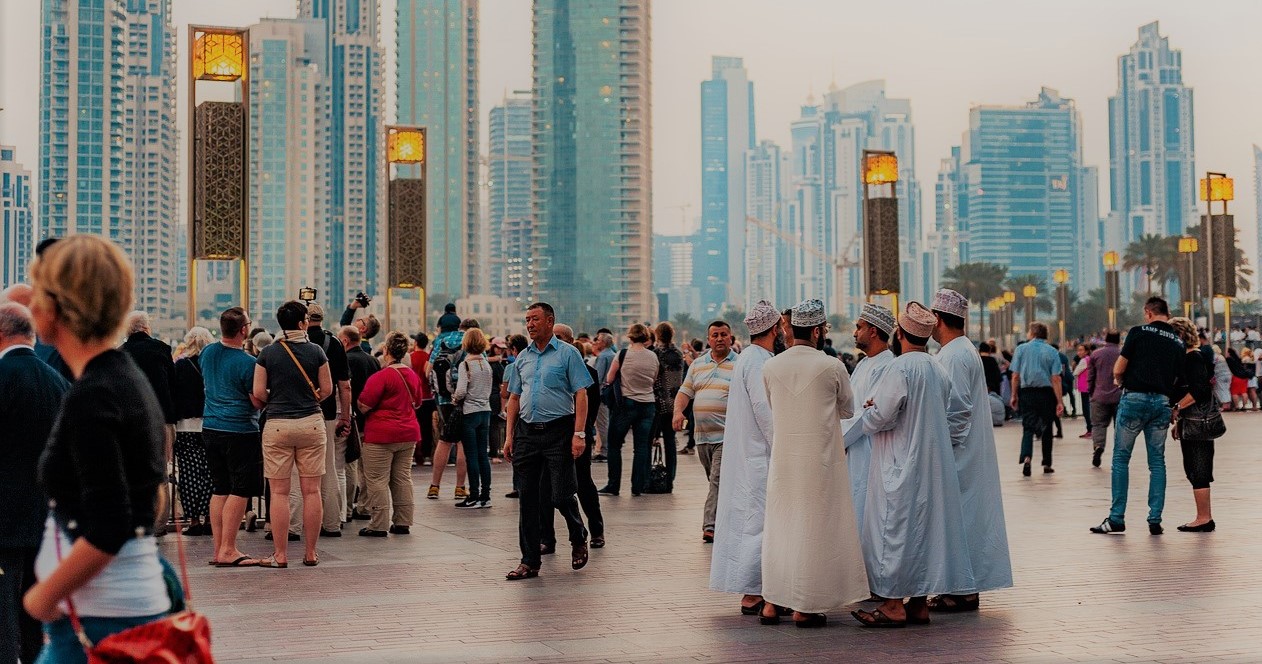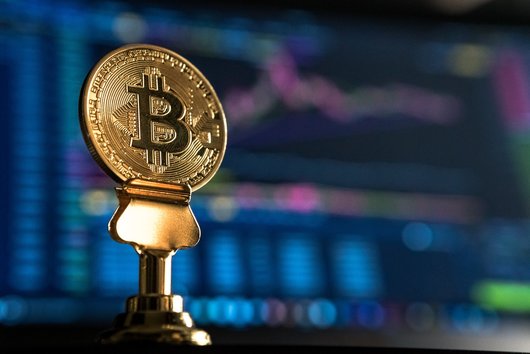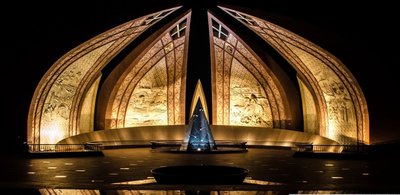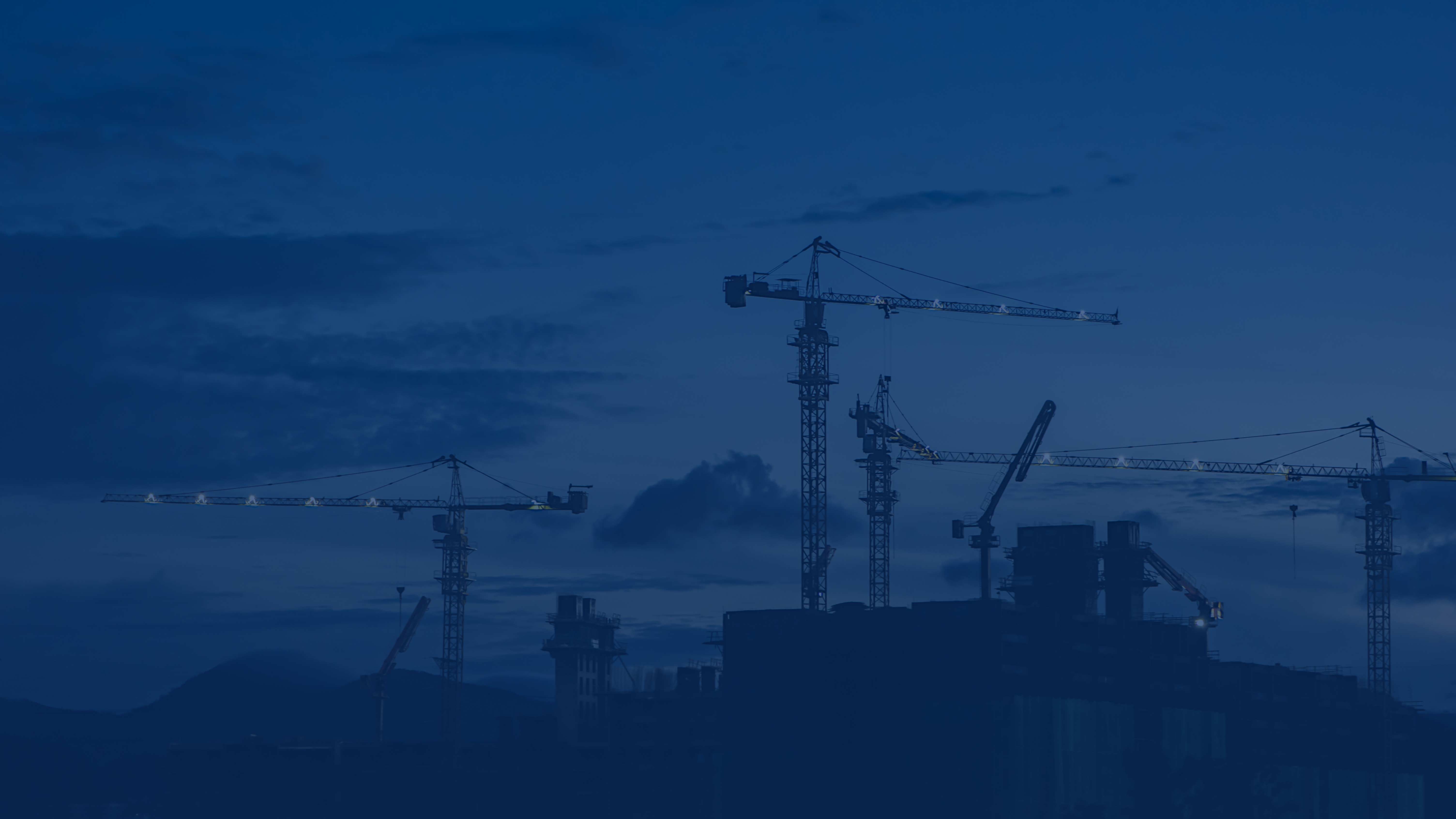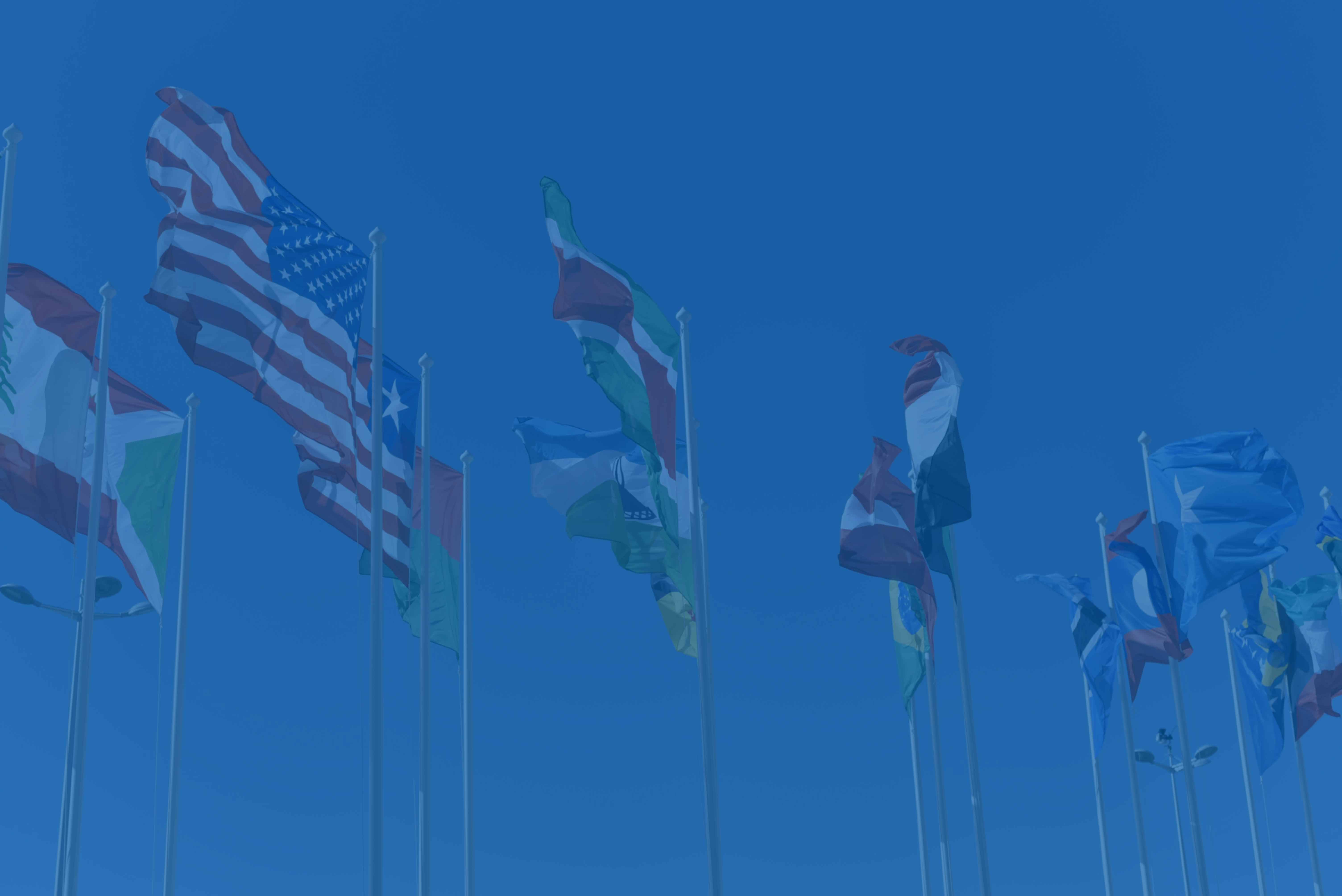Should you attend Saudi Arabia's biggest investment event?
- The three-day annual event run by Saudi Arabia’s Public Investment Fund brings together global leaders to discuss how investment can promote growth and innovation
- August 2018, PIF announced the creation of FII’s high-profile Advisory Board to develop the event “as a platform to help shape the future of global investment”
Over the past two years, Saudi Arabia has taken significant steps to reduce its reliance on oil and foster a knowledge-based economy. As part of these efforts, the government launched the Future Investment Initiative (FII) last year, recognizing the important role that international investors can play in achieving the goals of Saudi Vision 2030 and the National Transformation Program 2020. The aim of the FII is to solidify Saudi Arabia’s position as the leading hub for Foreign Direct Investment (FDI) in West Asia, as well as to address major divestments that caused inflows to fall by 80% to $1.4bn in 2017.
The FII is a three-day annual event run by Saudi Arabia’s Public Investment Fund (PIF), to discuss how investment can promote growth, innovation, and future economies. In line with PIF’s aim of becoming one of the “largest and most impactful sovereign wealth funds in the world,” the FII brings together leaders from business, government, and civil society to discuss the future of global investment. Last year it was a whirl of investment banks jockeying for landmark IPOs, large diversified conglomerates in sales mode, startups peacocking for the Vision Fund, tech companies with fear of missing out, and leading business leaders drawn by changes happening under Vision 2030.
The inaugural FII event, styled as ‘Davos in the Desert,’ was held in 2017 and attended by over 3,800 participants from more than 90 countries, including the International Monetary Fund’s Christine Lagarde, former UK Prime Minister Tony Blair, and Blackrock’s Larry Fink.
The most significant result of the 2017 event was the launch of Saudi Arabia’s $500 billion NEOM City project. In addition to this project, FII 2017 kicked off the PIF Program (2018-20) and launched initiatives involving Blackstone, Virgin Galactic, and SoftBank, among others.
In August, PIF announced the FII’s 11-member Advisory Board, which will offer strategic input on developing the event “as a platform to help shape the future of global investment.” The board members are notably diverse in terms of their nationalities and expertise and include executives from the technology, finance, and business sectors with interests in and preexisting ties to Saudi Arabia. We’ve compiled this rundown on each member’s background and ties to Saudi Arabia as a preview of some of the key themes and topics which might be discussed at the summit.
Mohammed Ali Alabbar – Founder and Chairman, Emaar Properties
A prominent participant in the 2017 FII event, Alabbar has a number of projects either planned or underway in Saudi Arabia, primarily in the construction and e-commerce sectors. As chairman of Dubai-based global property developer Emaar Properties, he was involved in building Jeddah’s King Abdullah Economic City, which is the largest development of its kind in the Middle East. Alabbar has also expressed interest in working on Saudi megaprojects, such as the NEOM project and the Red Sea Project.
In addition to his construction interests, Alabbar headed a group of investors that, in partnership with Saudi’s PIF, invested $1 billion to launch e-commerce firm Noon last year. At the time of launching, it was noted that additional joint investment options would also be considered in the future.
However, while Alabbar has invested heavily in Saudi Arabia and regional firms such as Middle East Venture Partners, he has also positioned himself as a protectionist when it comes to e-commerce businesses in the UAE. In a recent interview, he advocated for legislation requiring 51% national ownership of e-commerce firms and called for “the protection of the national economy, especially from global e-commerce companies.” As such, while Alabbar is clearly interested in expanding his already substantial business interests in Saudi Arabia, it is less clear what his stance is towards international investors more generally.
Ajay Banga – President and Chief Executive Officer, Mastercard
As CEO of payment processing firm Mastercard, Banga has become an active player in Saudi-US business relations, having attended the 2018 Saudi-US CEO Forum in New York earlier this year. He has made comments in the past that indicate his support for transforming Saudi Arabia into a knowledge-based economy.
At last year’s FII event, Banga expressed his belief that “data is the new oil.”
Mastercard has also ventured into the burgeoning Saudi e-commerce sector in the past few years with a series of high-profile partnerships. The firm recently launched its Masterpass digital payment service with the Saudi-based National Commercial Bank, and partnered with Saudi domestic payment network MADA to provide e-payment services. Regarding the recent deal with MADA, Mastercard’s Cluster Head for Saudi Arabia and Bahrain, J.K. Khalil noted that the firm is “committed to leveraging its technological expertise and capabilities to support the Kingdom’s journey to becoming a cashless society.”
Given Banga’s participation in Saudi forums and his firm’s entrance into the Saudi e-commerce market, he is well positioned to help the FII strategize the growth of the Saudi fintech sector. His appointment is especially timely given the fact that the country’s fintech sector is set to grow by 11.9% annually over the next few years, reaching a total value of $18.1 billion by 2022.
Mellody Hobson – President, Ariel Investments [Resigned]
As President of US-based investment management firm Ariel Investments, Hobson is responsible for company-wide management and strategic planning. In addition to her role at Ariel, Hobson is a vice chair of the Board of Starbucks Corporation and a director of JPMorgan Chase. JPMorgan has an active presence in Saudi Arabia, having established the Riyadh-based JPMorgan Saudi Arabia Company in 2007 and participated in planning the Aramco IPO. While it is not clear whether Hobson has any experience working in Saudi Arabia, she could have brought a significant amount of investment experience and a global perspective to the event.
Arianna Huffington – Founder and Chief Executive Officer, Thrive Global [Resigned]
In addition to being the founder of Thrive Global and The Huffington Post, Huffington is on the boards of Uber, Onex, the Center for Public Integrity, Global Citizen, and Just Capital. As such, her influence and expertise ranges over a variety of sectors, from media to transport, to corporate productivity.
Huffington has a number of business interests in Saudi Arabia and the broader region, as well as personal ties with Saudi leaders. In 2015, The Huffington Post launched HuffPost Arabi, an international edition for the Arab world. The following year, Saudi’s PIF invested $3.5 billion in Uber, its largest-ever investment in a private firm. On an individual level, Huffington has previously met with the Saudi energy minister Khalid Al-Falih and Saudi Aramco General Manager Nasser Al Nafisee. In addition, she moderated panels at an event sponsored by the Saudi General Entertainment Authority (GEA), which resulted in deals with AMC Theaters and Cirque du Soleil.
Huffington has already played a role in bringing entertainment services to Saudi Arabia and has an impressive range of business experience in the country, from her work with Uber to her personal connections with government and business leaders. As such, could have offered a wide range of strategic input to the FII, especially with respect to the growing Saudi entertainment and digital economy sectors.
Joe Kaeser – President and Chief Executive Officer, Siemens AG
German electronic and electrical engineering firm Siemens has significant business interests in Saudi Arabia, which have strengthened under Kaeser’s leadership. Recent examples of Siemens’ work in the country include a MoU with the MiSK Foundation to promote tech talent and a MoU with the National Industrial Cluster Development Program (NICDP) to support sustainable industries.
Siemens has also been in negotiations to work on the NEOM project, with Kaeser having said last year: “I would not be too surprised if anytime soon, there would be a major announcement about the cooperation between the kingdom and Siemens on how to assist and help the kingdom in achieving the Vision 2030 goals, which Neom is part of.” With his significant record of experience in Saudi Arabia and ongoing commitment to working with the country, Kaeser can be expected to provide ambitious strategic input to the FII, especially with respect to industry and technology.
Lubna Olayan – Chief Executive Officer and Deputy Chairperson, Olayan Financing
The Saudi-based Olayan Financing Company (OFC) is an industrial, trading, services, and investment conglomerate that manages all of the Olayan Group’s businesses and investments in the region. As the CEO of OFC and the only Saudi on the Advisory Panel, Olayan is a pillar of the national economy who is a member of the Board of Trustees at King Abdullah University for Science and Technology (KAUST) and sits on the boards of Akbank, Allianz SE, and McKinsey & Co. She is a frequent speaker at the World Economic Forum and has been listed by Fortune, Forbes, and Time as one of the most influential people in business. Earlier this month, Olayan was appointed to chair Saudi Arabia’s third-largest lender, which was recently formed by the merger between Alawwal Bank and Saudi British Bank, making her the first woman ever to lead a Saudi bank.
It was reported last year that OFC was considering listing on the Saudi stock market, with a potential valuation of $2-3 billion in an IPO. This move comes as the government pushes for more family firms to list in order to raise investment in capital markets and enhance corporate governance. As part of her work with OFC, Olayan has also historically been a strong advocate for women’s economic participation, pushing for women to be hired at the firm and gathering support from senior government officials and colleagues.
As an FII board member, Olayan will bring years of in-country experience and a deep knowledge of the Saudi industrial, trading, services, and investment sectors. It also seems likely that she will be a strong advocate for improving the Saudi investment climate and raising women’s economic participation.
Victor Chu – Chairman and Chief Executive Officer, First Eastern Investment Group
As Chairman of the Hong Kong-based First Eastern Investment Group, Chu leads a venture capital and equity firm with investments across Asia, in sectors ranging from real estate to fintech. Chu, who spoke at the 2017 FII event, has also been an active player in the Gulf business sector for over a decade. In 2008, he launched the $1bn China Dubai Capital fund in partnership with Dubai International Capital. Speaking about the fund, which invests in Chinese firms, Chu said that “the UAE…is strategically positioned as the natural gateway for GCC access,” indicating a positive regional outlook.
Chu astutely noted in 2007 that although the “hot area” for investment in Saudi Arabia was then infrastructure, it would soon become services.
In 2010, First Eastern announced that it was aiming to launch a separate $250 million investment fund focused on Dubai, for which it would provide $50 million of capital. Thus, while it is not clear whether Chu has any existing business interests in Saudi Arabia, it is clear that he has significant experience investing in the Gulf. With his prescient outlook and years of experience in the Gulf, Chu seems likely to bring a forward-looking and regionally-oriented perspective to the panel.
Stephen Schwarzman – Chief Executive Officer, Blackstone
US-based investment firm Blackstone manages around $440 billion in assets and works in a range of sectors, from private equity to real estate to credit. Blackstone has already made significant investments in Saudi Arabia, having announced with PIF in 2017 that they would create a $40 billion infrastructure fund. As of June, Blackstone had reportedly raised almost $5bn for the fund, with PIF having previously pledged up to $20 billion.
Notably, Schwarzman was one of 40 US-based executives who met with Crown Prince Mohammed bin Salman earlier this year to discuss Saudi-US investments.
The Blackstone CEO has been markedly positive in his comments about Saudi Arabia, saying at the World Economic Forum: “It’s sort of extraordinary what’s going on in Saudi Arabia… you see economic growth and other good things happen when you have intelligent, informed, reform-oriented governments.”
Given his large investments in the country and his positive outlook, Schwarzman can be expected to advocate for improving the Saudi investment climate and diversifying the economy.
Masayoshi Son – Chairman and Chief Executive Officer, SoftBank Group
As CEO of SoftBank, Son’s business interests encompass software, telecommunications, e-commerce, AI, IoT, transportation, and renewable energy. Son has strong business ties to Saudi Arabia, with SoftBank having announced that it is planning to invest up to $25 billion in Saudi Arabia from 2018-2020/21. Recently, Son signed a $200 billion agreement with Crown Prince Mohammed bin Salman to build a solar power development in Saudi Arabia, which could become the largest solar project ever. However, there have recently been conflicting accounts over whether the project will be going ahead.
PIF contributed $45 billion to SoftBank’s first $93 billion Vision Fund
What's more, the sovereign wealth fund is planning to invest an additional $45 billion into the group’s second $100 billion fund. The tech-focused Vision Fund is the largest private equity fund in the world and has drawn media attention for its unusually generous investments. In addition, SoftBank has previously indicated that it is aiming to help firms from the Vision Fund’s portfolio establish operations in the Middle East through its regional offices in Riyadh and Abu Dhabi. The firms in the fund’s portfolio include Uber, Didi Chuxing, and offsite construction firm Katerra, among others. Son’s strong ties to Saudi Arabia and significant regional investment expertise will be a major asset to the FII, particularly with respect to the technology and energy sectors.
Tidjane Thiam – Chief Executive Officer, Credit Suisse
In addition to his role as CEO of Credit Suisse, Thiam has co-chaired the World Economic Forum and joined the Group of Thirty (G30), demonstrating his strong global finance expertise. Earlier this year, he traveled to Saudi Arabia to apply for a full banking license, suggesting that the bank may soon be able to open national branches. Credit Suisse has already allocated $600 million to expanding operations in the country and has reportedly been hiring bankers for its Saudi operations with specializations including wealth management, private banking, and investment banking. While Credit Suisse has been slow to gain traction in Saudi Arabia, Thiam’s appointment to the board is a promising sign, both for the bank itself and for the development of the Saudi financial sector.
Peter Thiel – Partner, Co-Founder, Founders Fund
As an entrepreneur and investor, Thiel founded PayPal and put down the first outside investment on Facebook. His venture capital fund, Founders Fund, invests in startups across all stages and sectors, with a portfolio including Airbnb, Lyft, Spotify, and SpaceX. While Thiel does not seem to have many existing business interests in Saudi Arabia, he participated in last year’s FII event and was one of a number of tech leaders who met with Crown Prince Mohammed bin Salman earlier this year during the Prince’s official visit to the United States.
Given his position, Thiel’s appointment to the board can be expected to facilitate the entrance of global portfolio firms into Saudi Arabia and/or venture capital funding for emerging Saudi firms, advancing the country’s startup scene. As a strong supporter of cryptocurrency, Thiel may also be in a position to advocate for the legalization of crypto trading in the country.
From entertainment to construction, e-commerce to technology, and venture capital to fintech, the FII Advisory Board members bring a diverse mix of sectoral expertise and business interests to Saudi Arabia
As such, the Advisory Board is well-positioned to promote the second pillar of Vision 2030, which aims to transform Saudi Arabia into a global investment powerhouse. The wide-ranging expertise of the board members can be expected to serve as a valuable resource in the push to transform Vision 2030’s ambitious goals from concepts and pledges into investments and action.















